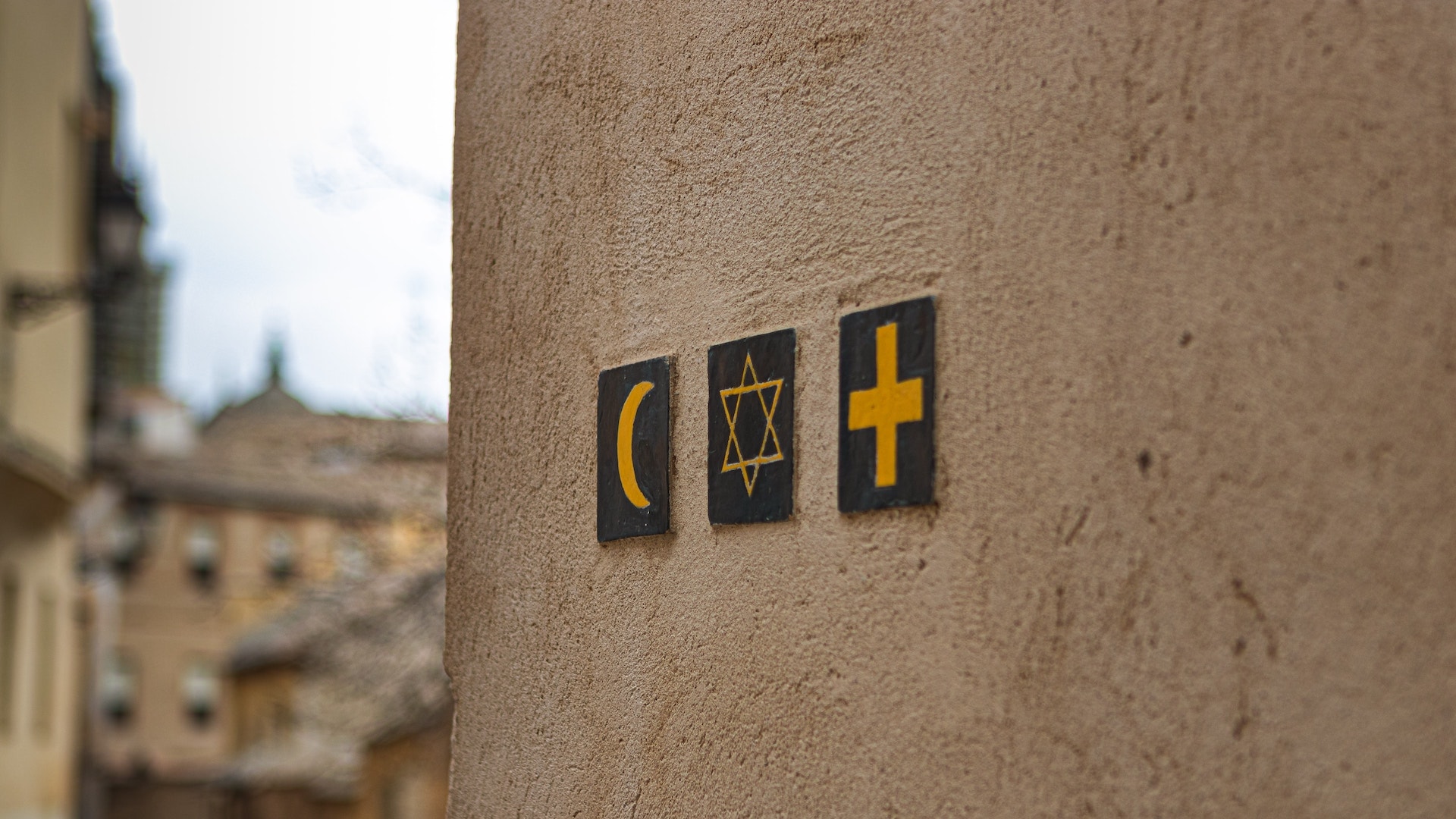When I enrolled in university, I quickly learned that it was considered wise to take one or two “bird courses” as they were called back then—courses that were known to be an easy credit. These would counter-balance the much more difficult courses I was taking like Greek and French. One of the easy options was “comparative religion.” Though it did turn out to be an easy credit, it also proved to be a near-complete waste of time. The professor didn’t seem to understand the different religions all that well and was convinced they were all pretty much the same at heart. While he brought in clergy members to represent each of the faiths, they must have been carefully chosen because they were as wishy-washy as he was and were equally committed to explaining that all religions are really just different paths to the same destination. But at least I got my easy credit and also passed Greek and French.
Despite that negative experience, I do still think there is value in knowing the tenets of different faiths. After all, we live in a pluralistic society and we do not need to look far to find representatives of any of the other major religions. It can be good and helpful to know what they believe so we can better befriend them and present the gospel to them. We can avoid unintentional blunders and needless offense if we have some sense of what these people believe and why they believe it. (So, for example, we would know not to invite a Hindu neighbour over for burgers or offer a Muslim friend a glass of wine.) Not only that, but world religions have a way of being folded into ostensibly secular worldviews—witness the popularity of yoga, the rise of mindfulness, and the importance of meditation amongst those who would claim to be entirely non-religious. Yet each of these elements has been drawn from eastern religions. Religion is alive and well even in the hearts and minds of your secular or atheist friends.
Douglas Groothuis has made a long and careful study of the world’s major religions and brings his knowledge to bear in a new book titled World Religions in Seven Sentences: A Small Introduction to a Vast Topic. The “gimmick” behind the book is providing a single sentence that can stand in as a summary of that religion’s most significant or unique teaching. This sentence is drawn from either the religion’s scriptures or one of its notable teachers. And I think it proves to be quite a successful way to understand the faiths.
So, for example, when he discusses atheism (which, rightly, he considers a religion unto itself) he turns to Nietzsche’s infamous “God is dead.” For Judaism he goes with “I Am who I Am” and for Hinduism “You are that.” Buddhism he summarizes with “life is suffering” and Daoism with “the doa that can be spoken is not the eternal dao.” For Islam he goes with the obvious choice of “there is one god and Mohammad is his prophet” and, for Christianity, “Before Abraham was, I Am” (which, of course, perfectly complements his choice for Judaism).
Groothuis has no interest in attempting to prove that all religions are equally valid or that they lead by different paths to the same destination. Neither does he mean to see what benefit he can glean from each of them as if God has distributed truth throughout the faiths of the world. Rather, he means to do his best to explain what these religions actually believe and why, and then to interpret them on the basis of his own Christian convictions. That makes this a distinctly Christian approach to the world’s other major religions. And it makes it a remarkably effective one.
I can think of several reasons to read this book. The first is simply for the sake of knowledge. Knowledge is good and this book will increase your understanding of several of the world’s major religions—religions that form a significant part of the worldview of the majority of the world’s population. The second is for the sake of evangelism. By understanding these different faiths you will better understand how to approach those who hold to them and how to present the gospel in the most effective way. The third is the for sake of sanctification. Speaking personally, I find it interesting to study other religions because it better helps me love my own Christian faith and have confidence that Jesus Christ truly does represent the way, the truth, and the life. Never am I more thankful to know and love Jesus than when I see the faiths are people are bound by and captive to.
World Religions in Seven Sentences does just what the title promises and does it well. I’m glad I read it and equally glad to recommend it.










